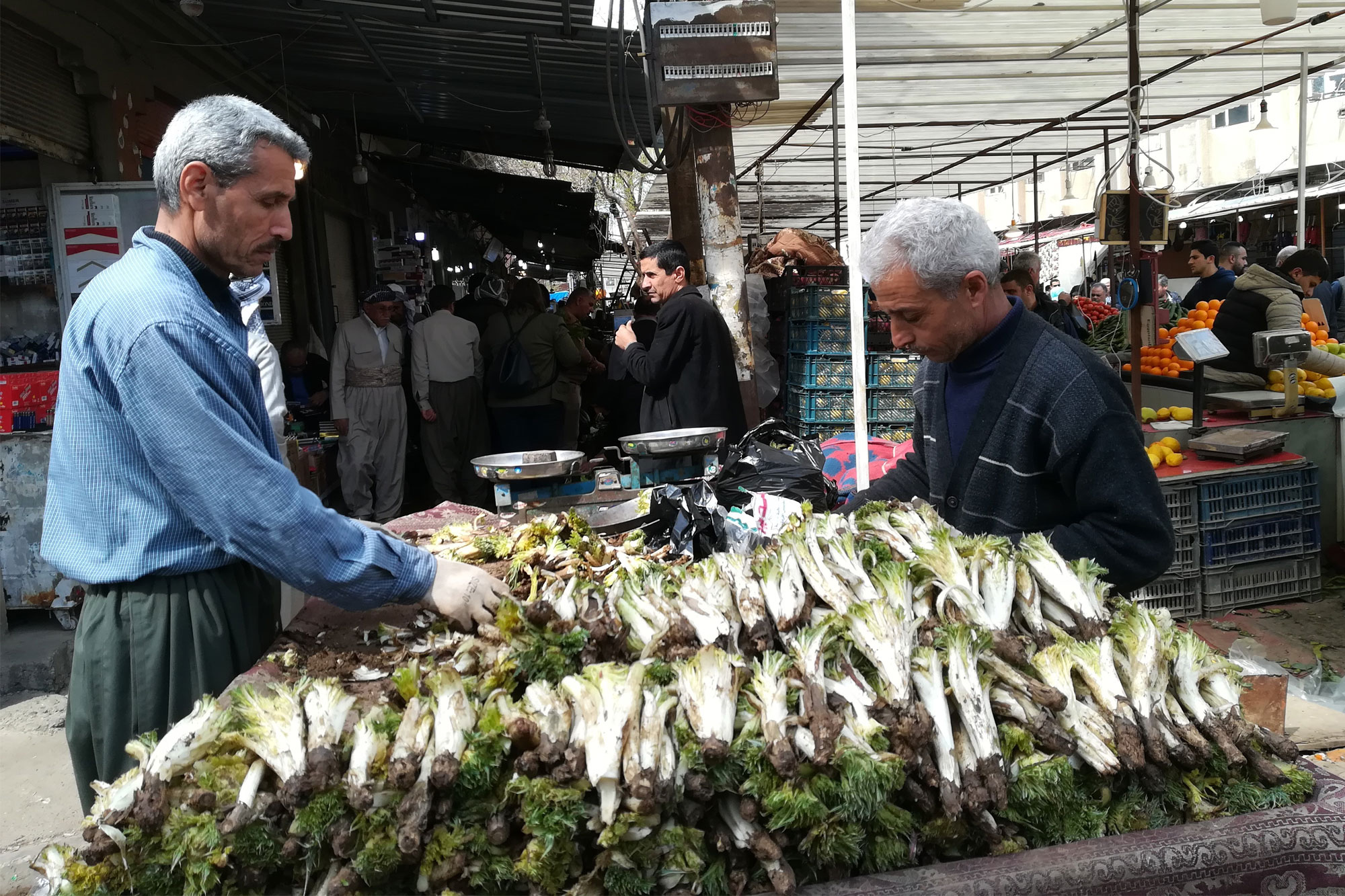Tuesday, October 15th, 17:00 at Jodrell Lecture Theatre, Kew Gardens, London (entry via Jodrell Gate on Kew Road from 16:30)
All are welcome – no ticket/booking required
The Mediterranean Diet, now recognised as an intangible cultural heritage of humanity, has been and still partially is a food system largely based on wild vegetables, which have been surprisingly neglected in both bio-scientific and historical-anthropological food studies. These complex ethnobotanical foodscapes possibly emerged in the Neolithic period in the Fertile Crescent and migrated westwards through the Mediterranean area. This presentation will show the wild-food ethnobotany of diverse populations of the Middle East and the Caucasus, and will discuss the similarity between the wild vegetables gathered and consumed by Christian communities in Iraq, who possibly represent the descendants of ancient Assyrian and Mesopotamic populations, and those of the Greek and Sicilian traditional diets. We will eventually propose the idea that wild vegetables should be considered indelible signatures for understanding the origins of dietary systems.
Bio
Trained in medical botany at the University of Pisa, Andrea Pieroni earned his doctorate from the University of Bonn in Germany. He has worked as a Research Assistant at the University of London (2000-2003) and as a tenured Lecturer and, later, Senior Lecturer at the School of Life Sciences at the University of Bradford in northern England (2003-2009). From January 2009, he was Associate Professor in the subject area Environmental and Applied Botany at the University of Gastronomic Sciences in Pollenzo and from 2016 he became a Professor in the same subject.
Professor Pieroni has served as the Vice-President and President of the International Society of Ethnobiology (2008-2010), is the founder and Chief Editor of the Journal of Ethnobiology and Ethnomedicine and sits on the boards of diverse international ethnoscientific associations and peer-reviewed publications.
Professor Pieroni’s research areas include:
- Ethnobotany and ethnobiology of ‘wild’ foods
- Traditional fermented foods
- Medicinal plants in folk medical practices
- Folk ‘food-medicines’
- Traditional veterinary and fodder plants
- Cross-cultural and cross-temporal dynamics of plant use
- Migrants’ ethnobotany (mechanisms of change and adaptation of folk plant/food knowledge systems)
Research relevance areas also include:
- Food sovereignty
- Community-based bio-conservation strategies
- Rural development
- Bio-cultural heritage
- Culturally sensitive public health/nutrition policies devoted to migrants
The 21st Annual Distinguished Ethnobotanist Lecture is a joint venture between the Centre for Biocultural Diversity (CBCD) and Royal Botanic Gardens, Kew.
For more information on Ethnobotany at Kent, please contact Dr Rajindra Puri.

